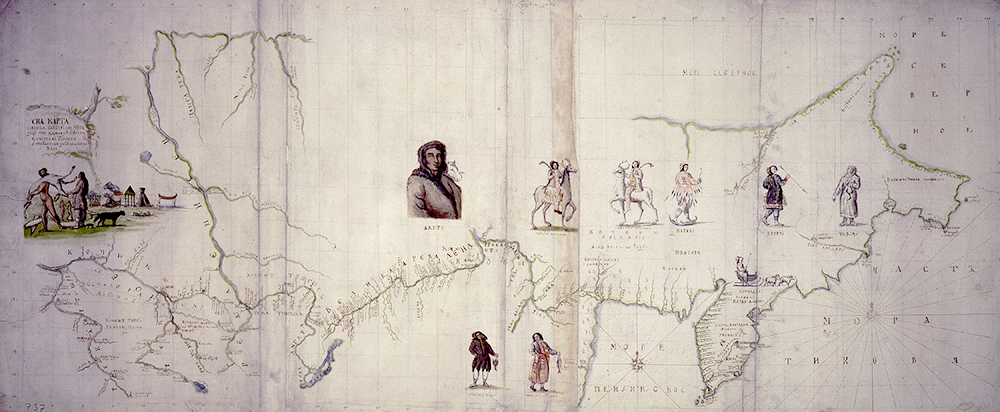HOAN-Meetings (HOAN-M)
Coordinated by HOAN convenors, HOAN-M are meant to be friendly f2f/virtual spaces to meet and mingle, share ideas and news. HOAN-M offer an open stage to HOAN members and sister organisations to highlight new research/books/articles/activities, as well as to discuss current or sensitive issues in our subdisciplinary field. HOAN-M are thought to be international permanent spaces to meet/confront with friends and colleagues from different European countries – and beyond – that share the same interests and research topics.
HOAN Meetings (HOAN-M) will be held twice a year.
The 8th HOAN-Meeting
Friday, April 25th at 5pm CET
Keynote - Beyond the East and the West: Academic Inequalities from a Perspective of Disciplinary History
Abstract:
Observations on contemporary anthropology stress the presence of pervasive inequalities. Divisions between the East and the West (or the Global South and the Global North), encompassing, among other things, the dominance of English language, journals and publishing houses, the unequal access to citations, prestige and grant funding, or the invisibility of non-dominant knowledge, have negative impacts on anthropological knowledge production and the character of world anthropology. Instead of creating a space where every voice is heard, all these phenomena perpetuate a situation of “Western dominance”, which favours some and disfavours others. Without denying the existence of these peculiar and often detrimental “economies of credibility”, I would like to cast the whole problem of dominance and hegemony in a different light and show what we can learn about it with the help of disciplinary history.
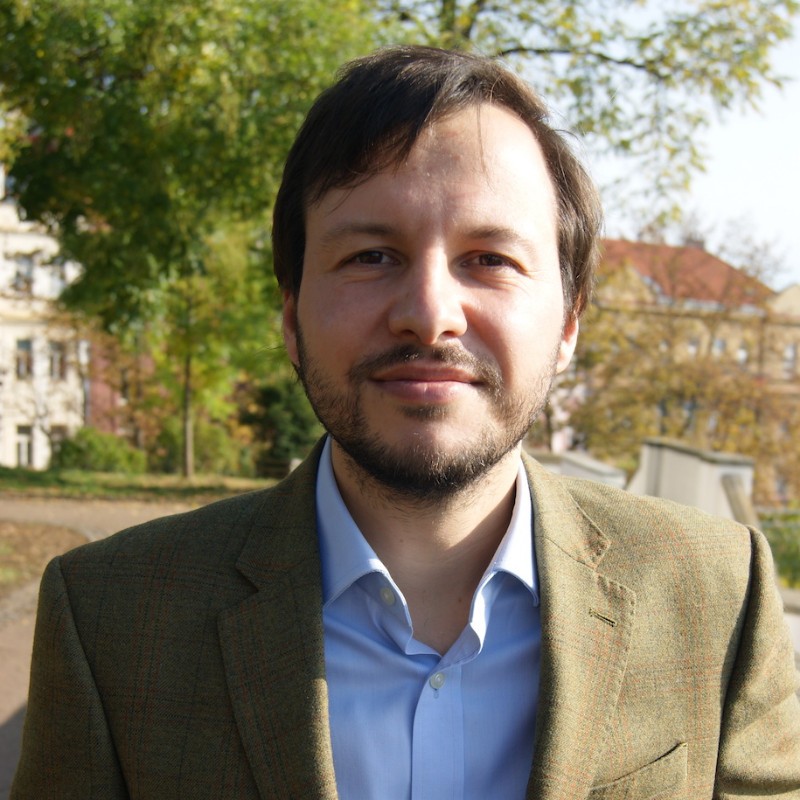
Speaker
Nikola Balaš is a Postdoctoral Researcher at the Institute of Ethnology of the Czech Academy of Sciences, a Lecturer at the Institute of Ethnology, Central European and Balkan Studies, Charles University, a co-recipient of the SIEF Young Scholar Prize 2023 and author of An Ethnographic Chiefdom (Berghahn Books, 2025).
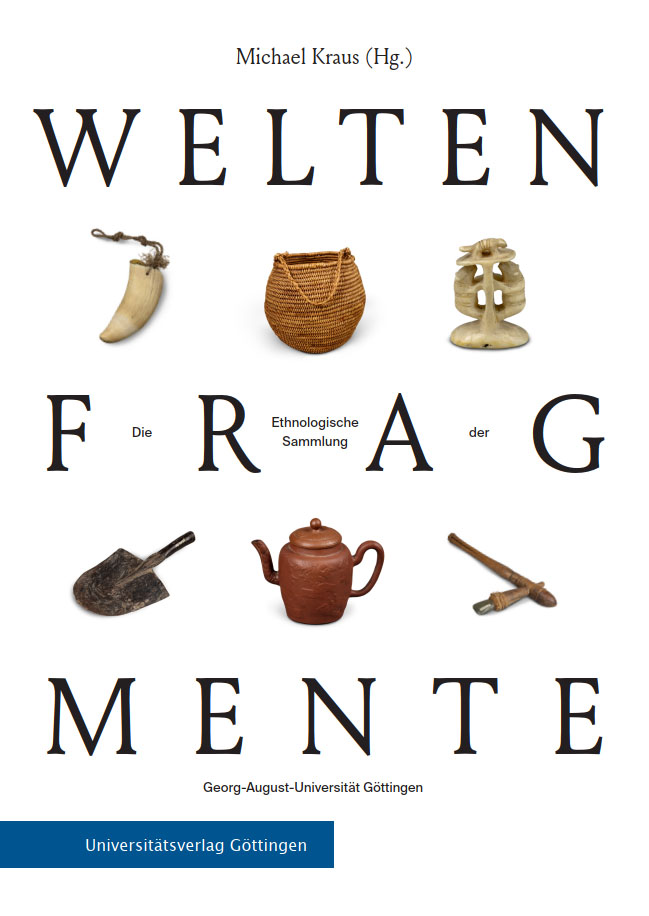
Book presentation
In the meeting Michael Kraus will also introduce his edited volume on the Ethnographic Collection at the University of Göttingen. In this volume, 73 authors from 20 countries examine objects and highlight events from the past and present of this collection, from a variety of perspectives. See more about the book here.
7th HOAN-Meeting
Friday 29th November 2024, at 5pm CET
Program:
17:00 Welcome by HOAN convenors, Hande Birkalan-Gedik, Katja Geisenhainer, Udo Mischek and Marko Pišev
17:05 New co-conveners introduce themselves
17:15 Keynote speaker: Michał Buchowski, Adam Mickiewicz University in Poznan, School of Humanities, Department of Social Anthropology
Enduring Disparities in Knowledge Recognition and Allocation of Prestige in Anthropology
17:45 Open forum for questions and comments
18:00 Book presentation. Prof. Roman Loimeier, Institut für Ethnologie, Georg- August- Universität Göttingen Ethnologie. Biographie einer Kulturwissenschaft. Berlin: Reimer 2021. For further information: https://www.uni-goettingen.de/de/prof.+dr.+roman+loimeier/123856.html
18:10 Upcoming conferences: The 9th APA Conference Itinerancies, 15-18 July 2025, Viana do Castelo (Portugal); 14 July 2025, online. Frederico Delgado Rosa, Vice President of APA, on behalf of the Portuguese Anthropological Association.
18:15 Upcoming conferences: Exploring the Ethnographic Archive: Early Ethnographers in the Long Nineteenth Century, Online Conference, 5-6 December 2024. Han Vermeulen on behalf of the Early Ethnographers Project research team.
18:20 Open forum for questions and comments
18:30 Closing and farewell words by HOAN convenors
Enduring Disparities in Knowledge Recognition and Allocation of Prestige in Anthropology
➤ View Abstract
The question of hierarchies of knowledge has long been debated in anthropology. The World Anthropology Movement and the World Council of Anthropological Associations, among others, have helped to raise awareness of structural inequalities in knowledge production and the resulting distribution of academic prestige. Despite these efforts, the discipline, which claims to be highly critical of inequalities and discriminatory practices, reproduces inequalities within itself. To ground the argument empirically, I will draw on three sets of data that illustrate disparities in the recognition of the quality of knowledge produced by scholars working in different academic settings. The first is the citation ranking of journals; the second is the distribution of European Research Council grants; and the third is the distribution of prestige in anthropology. The conclusion is rather pessimistic. After decades of struggle for the establishment of world anthropologies in which there is a multidirectional flow of ideas and in which there is pluriversality of knowledge, a hierarchical order is being reproduced that privileges certain centres of production of disciplinary wisdom.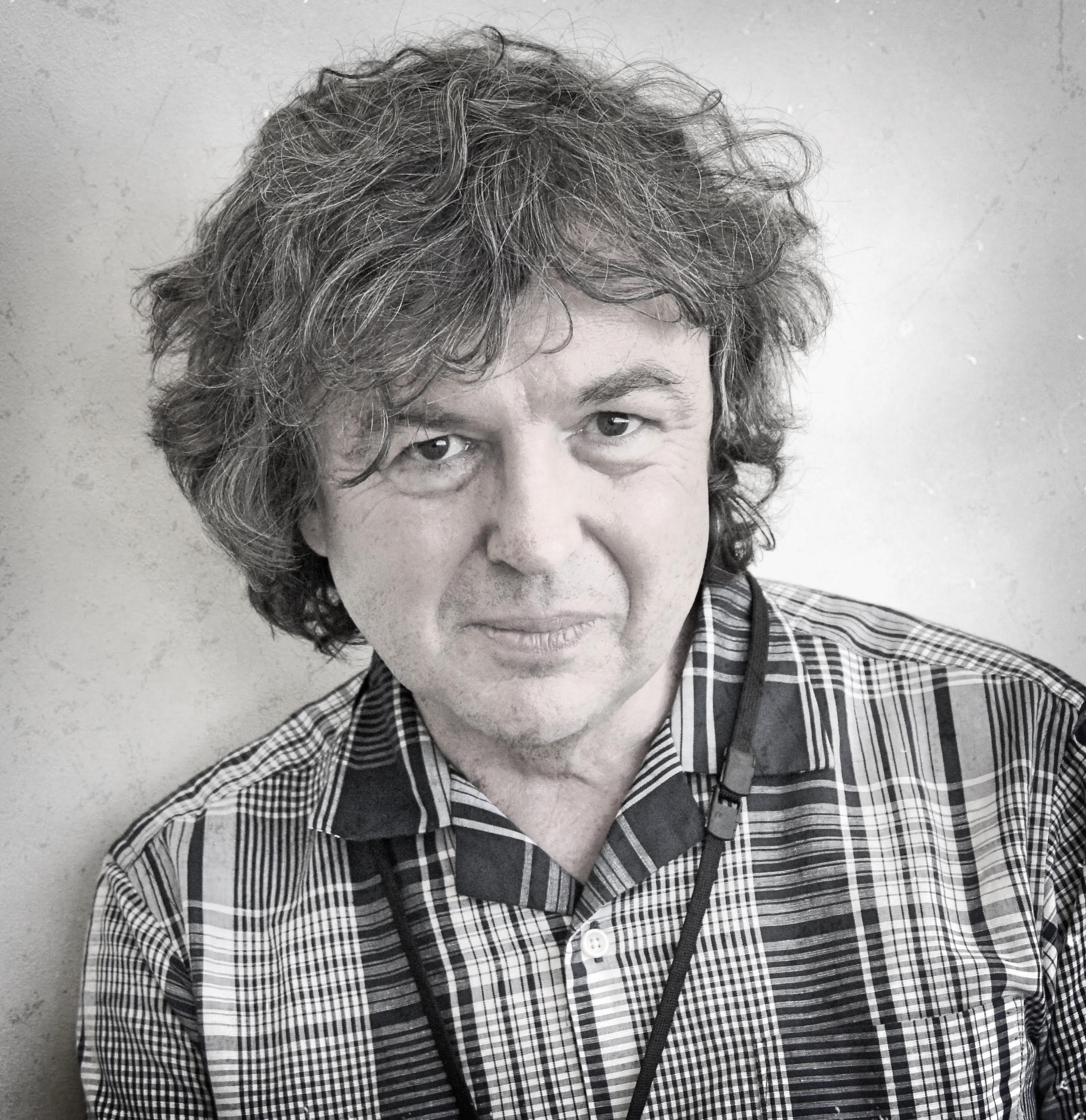
Michał Buchowski is Professor of Anthropology at Adam Mickiewicz University in Poznań. He has been a visiting professor at Rutgers, Columbia and Warsaw Universities and at the National Museum of Ethnology in Osaka. He was elected as a member of the Polish Academy of Sciences in 2022 and the editor of the book Twilight Zone Anthropology: Voices from Poland. RAI/Sean Kingston Publishing. Vol. 2 of the RAI Country Series (Series editor David Shankland, 2019).
6th HOAN-meeting
Friday 24th May 2024, at 5pm CET
Program:
17:00 Welcome by HOAN convenors, Fabiana Dimpflmeier and Hande Birkalan Gedik
17:05 Keynote speaker: John Tresch (Warburg Institute; University of London)
“From Cosmologies to Cosmograms: Updating a Concept from the History of Anthropology”
17:25 Open forum for questions and comments
17:30 HOAN Correspondents presentation: Michael Edwards (Australia)
17:35 Dorothy L. Zinn (Free University of Bozen-Bolzano): presentation of Ernesto De Martino The End of the World: Cultural Apocalypse and Transcendence, University of Chicago Press, 2023.
17:45 Han Vermeulen (Max-Planck Institute for Social Anthropology), Beatrice Di Brizio (MODI - University of Bologna): presentation of the research project Early Ethnographers in the Long Nineteenth Century (2024-2026)
17:55 Open forum for questions and comments
18:00 Closing and farewell words by HOAN convenors
“From Cosmologies to Cosmograms: Updating a Concept from the History of Anthropology”
➤ View Abstract
In the late nineteenth century the term "cosmology" was increasingly used in the plural, much like "worldviews" and "cultures." Recently there has been a revival of interest in “cosmologies”—as witnessed in the collection Framing Cosmologies (ed. Ambramson and Holbraad, 2014) and in discussions of ontological pluralism and Amazonian perspectivism (see Descola, Viveiros de Castro). This talk considers key aspects of the history of the anthropological study of “cosmologies.” It also introduces the study of "cosmograms"-- objects which represent or express the universe. Studying cosmograms is an empirically sound approach to "cosmologies" and "cultures," and contributes to the longstanding project in both anthropology and history of science of comparing cosmologies.John Tresch is Professor of History of Art, Science, and Folk Practice at the Warburg Institute, University of London, and editor of History of Anthropology Review. He has published two books and dozens of articles. He studied history and philosophy of science in Cambridge and Paris and wrote his BA thesis in anthropology with George Stocking.

5th HOAN-meeting
Friday 28th April 2023, at 5pm CET
Program:
17:00 Welcome by HOAN convenors, Fabiana Dimpflmeier and Hande Birkalan Gedik
17:05 Keynote speaker: Gustavo Lins Ribeiro (Universidad Autónoma Metropolitana, México)
“Transnational Histories of Anthropologies”
17:25 Open forum for questions and comments
17:30 HOAN Correspondents presentation: Ildikó Kristóf (Hungary)
17:35 Open forum for questions and comments
17:40 Patrícia Ferraz de Matos: presentation of Anthropology, Nationalism and Colonialism: Mendes Correia and the Porto School of Anthropology, Berghahn, 2023.
17:50 Closing and farewell words by HOAN convenors
“Transnational Histories of Anthropologies“
Please find here the video-recording of Gustavo Lins Ribeiro’s lecture
➤ View Abstract
Although anthropology is a transnational discipline, most histories of anthropologies are nationcentric. Based on my 20 years’ experience of debating world anthropologies and editing anthologies on anthropologies of all continents, I will argue for the urgency of generating a field of research on transnational histories of anthropologies. This would allow for exploring a much more complex vision of the discipline and to see how channels of cross fertilizations have shaped diverse epistemic communities. To do it we need to go beyond at least two other major problems besides nationcentrism: most scholars in the world do not see Western knowledge’s hegemony as an issue; even those that notice the existence of flows of people and ideas within the world system of anthropological production still have not developed a global vision on how the system operates. I will suggest a few research possibilities of transnational issues that will help to go beyond the current situation.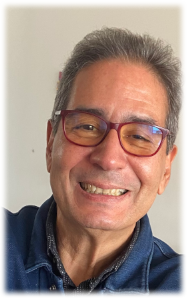
Gustavo Lins Ribeiro. Autonomous Metropolitan University, Mexico, Emeritus National Researcher, Mexican National Council of Science and Technology. Professor Emeritus of the University of Brasilia. He studies development, the internet, globalization, transnationalism, imperialisms, world anthropologies. He has written/edited 28 books (including translations), more than 180 articles/chapters, in 22 countries and 7 languages. He received the 2021 Franz Boas Award for Exemplary Service to Anthropology from the American Anthropological Association.
4th HOAN-meeting
Friday 18th November 2022, at 5pm CET
Program:
17:00 Welcome by HOAN convenors, Fabiana Dimpflmeier and Hande Birkalan Gedik
17:05 Keynote speaker: Regna Darnell (University of Western Ontario):
“A Critical Paradigm for the Histories of Anthropology: The Generalization of Transportable Knowledge"
17:25 Open forum for questions and comments
17:30 HOAN Correspondents presentation:
- Peter G.A. Versteeg (Netherlands)
- Vida Savoniakaite (Lithuania)
17:45 Open forum for questions and comments
17:50 Frederico Delgado Rosa, Han Vermeulen: presentation of Ethnographers before
Malinowski: Pioneers of Anthropological Fieldwork (1870-1922), Berghahn, 2022
18:00 Closing and farewell words by HOAN convenors
“A Critical Paradigm for the Histories of Anthropology: The Generalization of Transportable
Knowledge”
Please find here the video-recording of Regna Darnell’s lecture.
➤ View Abstract
The Histories of Anthropology Network (HOAN)addresses anthropology's multiple histories. The plurality of its mandate constitutes a rallying point for diverse interests across conventional silos of knowledge accumulation and practice, with the potential to reach other audiences and publics in the academy and beyond. I have addressed specific audiences from my vantage point as an interdisciplinary historian of anthropology and linguistics. By and large, the audience for these discourses remains a closed circle of known colleagues and familiar ways of speaking to one another. I argue that the variables emerging in these discourses recur across them. We urgently need a new paradigm retaining the value of the particular, while seeking generalization through cycles of change and geographic location. What I call "transportable knowledge" toggles between them in a paradigm shift from the history of anthropology that emerged in the 1960's to address causes and rationales of what happened in the past. The new model foregrounds the complexity of decision-making in a rapidly changing world using available information. Read in context, in hindsight non-optimal choices avoid what I call "assassination by anachronism."Regna Darnell is a Distinguished University Professor Emerita and Adjunct Research Professor of Anthropology at the University of Western Ontario. Her work injects interdisciplinary and theoretical perspectives across disciplinary silos and carries them into public life. She is a member of the American Philosophical Society and Fellow of the Royal Society of Canada.

Photo Credit: Taken by the request of Prof. Darnell
3rd HOAN-meeting
Friday 22nd April 2022, at 17:00 CET
Program:
17:00 Welcome by HOAN convenors, Fabiana Dimpflmeier and Frederico Delgado Rosa
17:05 Keynote speaker Rosemary Lévi Zumwalt (Agnes Scott College), “Franz Boas: Working for
Social Justice and Battling Social Inequality”
17:25 Open forum for questions and comments
17:30 HOAN Correspondents presentations:
- Marko Pisev (Serbia)
- Filip Wróblewski (Poland)
- Synnøve Bendixen (Norway), who will also present Anthropology in Norway: Directions, Locations, Relations (Bendixen, Hviding, ed., 2022).
17:55 Grażyna Kubica-Heller: presentation of the Malinowski centennial conference, Cracow September 2022
18:00 Closing and farewell words by HOAN convenors
“Franz Boas: Working for Social Justice and Battling Social Inequality”
➤ View Abstract
Abstract: Elsie Clews Parsons wrote Robert Lowie about her reactions to the chapter on Boas in his History of Ethnological Theory. While offering praise for his “very just and discerning appraisal,” she remarked, “You do not mention his ardor in combating the scientific fallacies which bolster up social injustices. This has been more marked, of course, in recent years but it was always there and is an essential part of his make-up.” She mentioned a studio portrait of himself that Boas had given Parsons with the inscription, “Elsie Clews Parsons, fellow in the struggle for freedom from prejudice.” Parsons concluded, “I began that way and he ends that way. I suppose somewhere our trails crossed”[1]. In this paper, I will draw from my recent manuscript – Franz Boas: Shaping Anthropology and Fostering Social Justice (University of Nebraska, fall 2022) – for a focus on Boas’s work for social justice, specifically with respect to race.[1] Parsons to Lowie, January 6, 1938, Lowie Papers; see Zumwalt, Wealth and Rebellion, 170.
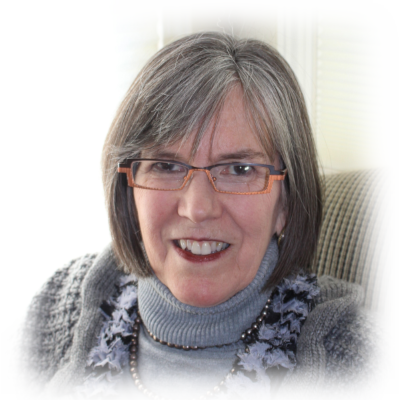
Rosemary Lévy Zumwalt, Dean of the College Emerita at Agnes Scott College, is co-author with Isaac Jack Lévy of Ritual Medical Lore of Sephardic Women: Sweetening the Spirits and Healing the Sick (2002). Her most recent publication is Franz Boas: Shaping Anthropology and Fostering Social Justice (2022), which is a continuation of her Franz Boas: The Emergence of Anthropology.
2nd HOAN-Meeting
Friday 19th November 2021, at 17:00 CET
Program:
17:00 Welcome by HOAN convenors, Fabiana Dimpflmeier and Frederico Delgado Rosa.
17:05 Keynote Speaker Thomas Hylland Eriksen (University of Oslo): “Forgotten Anthropologies
from the Periphery”
17:30 Open forum for questions and comments
17:45 HOAN Correspondents presentation:
- Peter Schröder (Brasil)
- Joshua Smith (Canada)
- Patrícia Ferraz de Matos (Portugal)
- Alina Branda (Romania)
- Hande Birkalan-Gedik (Turkey)
“Forgotten Anthropologies from the Periphery”
➤ View Abstract
There are many unknown pioneers in the history of anthropology, often publishing in smaller languages and based far from the centres of academic capital. I will present and compare two of them in this lecture. Eilert Sundt (1817–75) carried out systematic research on various aspects of everyday life in rural Norway in the mid-19th century and is recognised as the first Norwegian social scientist. Mixing quantitative and qualitative methods, he wrote about controversial subjects such as extramarital sex and hygiene. Sundt, a contemporary of Comte and Marx, saw sociology and ethnology as tools for enlightened social policy. A century later, Gutorm Gjessing (1906–79), who held the Chair at the Ethnographic Museum, had comparable aims. Trained as an archaeologist, Gjessing published extensively on colonialism, inequality, and environmental challenges, arguing that anthropology needed to take on urgent global challenges to remain relevant. Today, Sundt is revered but little read, while Gjessing virtually disappeared from the genealogy of anthropology in Norway. What they had in common was social engagement. This merits a reconsideration of their significance from the vantage-point of the Anthropocene.Thomas Hylland Eriksen is Professor of Social Anthropology at the University of Oslo. His textbooks in anthropology are widely used and translated, and his research has dealt with social and cultural dimensions of globalisation, ranging from nationalism and identity politics to accelerated change and environmental crisis. He is currently writing a book about the effects of overheated globalisation on biodiversity and cultural diversity.

1st HOAN-Meeting
Friday 12th March 2021, at 15:00 CET
Program:
15:00 Welcome by HOAN convenors, Fabiana Dimpflmeier and Frederico Delgado Rosa
15:05 Presentation of "Anthropological Pathways and Crossings: Knowledge Production and
Transfer in and beyond Europe", a joint virtual conference of EASA’s Europeanist Network (EuroNet) and History
of Anthropology Network (HOAN), by Patrícia Ferraz de Matos and Hande Birkalan-Gedik
15:15 Keynote Speaker Andre Gingrich (ISA at the Austrian Academy of Sciences): "Hidden
Connections and Broken Trajectories: Some Personal Reflections on Relations between German-speaking and
International Socio-cultural Anthropology across the 20th Century"
Please find here the
audio-recording of Andre Gingrich’s lecture, for those using Firefox download it here
15:40 Open forum for questions and comments
16:00 HOAN Correspondents presentation:
- Sergei A. Kan (USA)
- Sergei Alymov (Russia)
- Ivan Grkeš (Croatia)
- Peter Rohrbacher (Austria)
- Katja Geisenhainer (Germany)
- Dmitry Arzyutov (Special Correspondent for Arctic and Siberian Studies)
"Hidden Connections and Broken Trajectories: Some Personal Reflections on Relations between
German-speaking and International Socio-cultural Anthropology across the 20th Century"
Please find here the audio-recording of Andre Gingrich’s lecture.
For those using Firefox download it here.

Andre Gingrich is an Austrian ethnologist and anthropologist, member of the Austrian Academy of Sciences, director of the Institute for Social Anthropology of the Austrian Academy of Sciences, and retired professor at the University of Vienna. Between 1998 and 2017 he was a full professor at the Institute of Cultural and Social Anthropology at the University of Vienna. Since 2003, he is director of the Institute of Social Anthropology of the Austrian Academy of Sciences (ÖAW).







